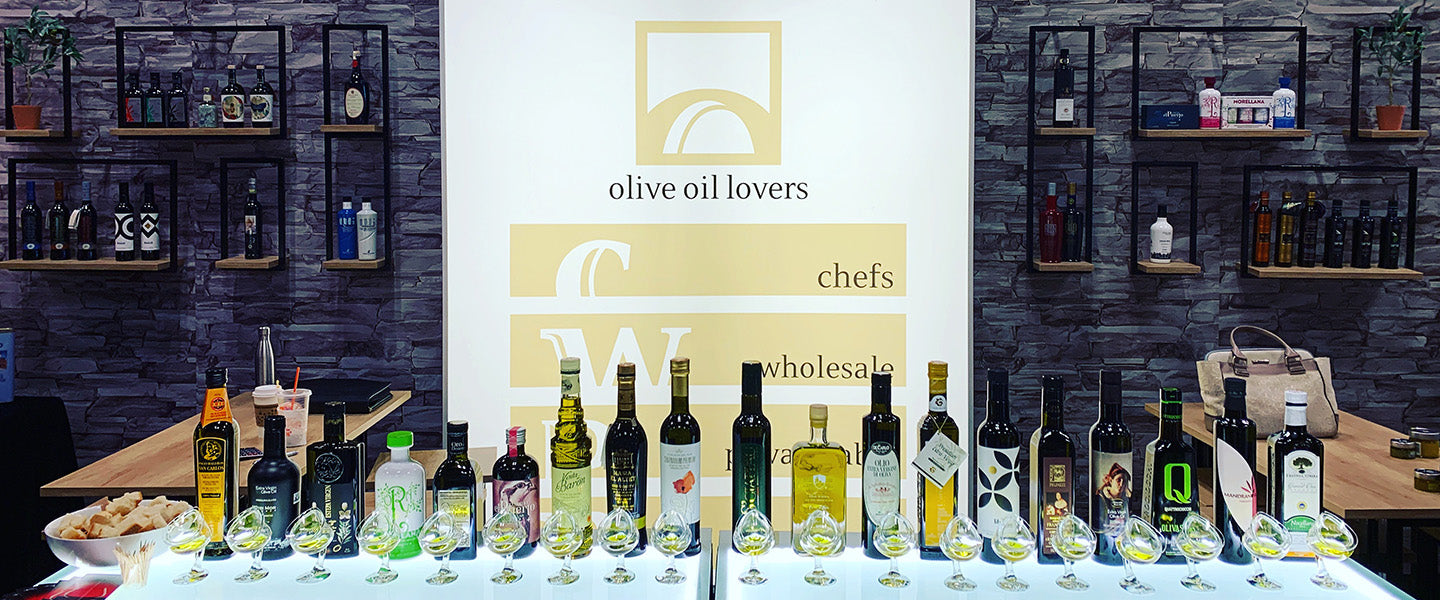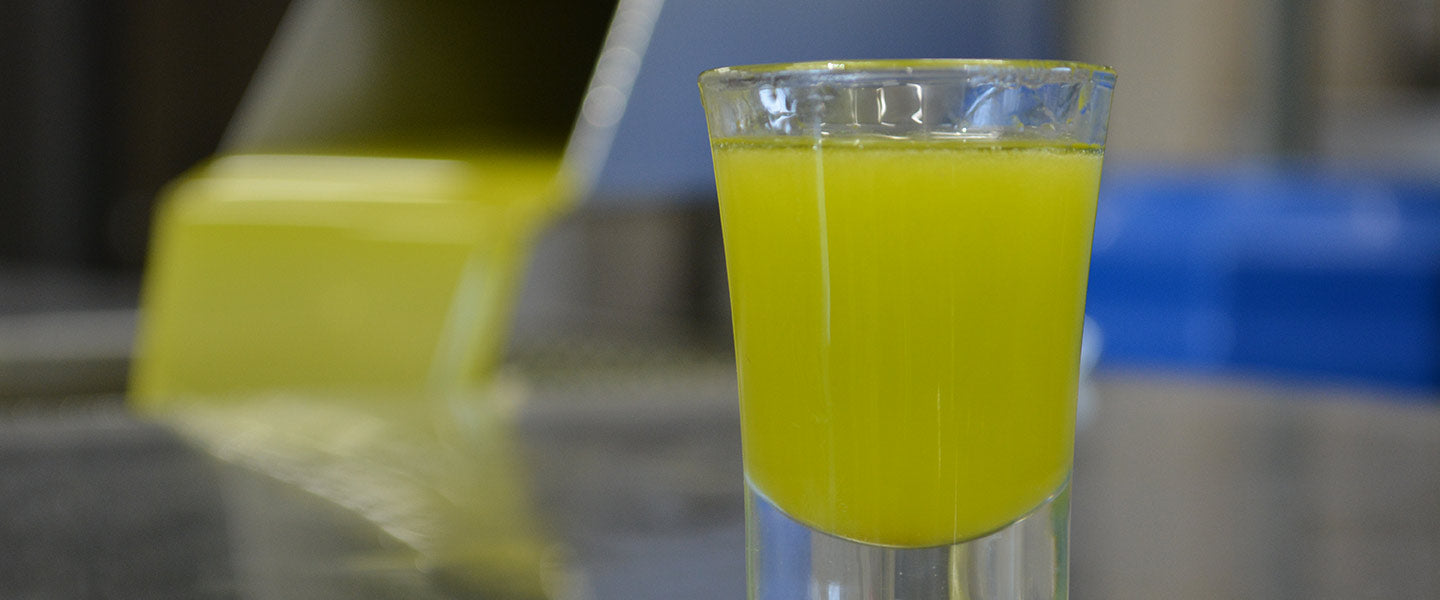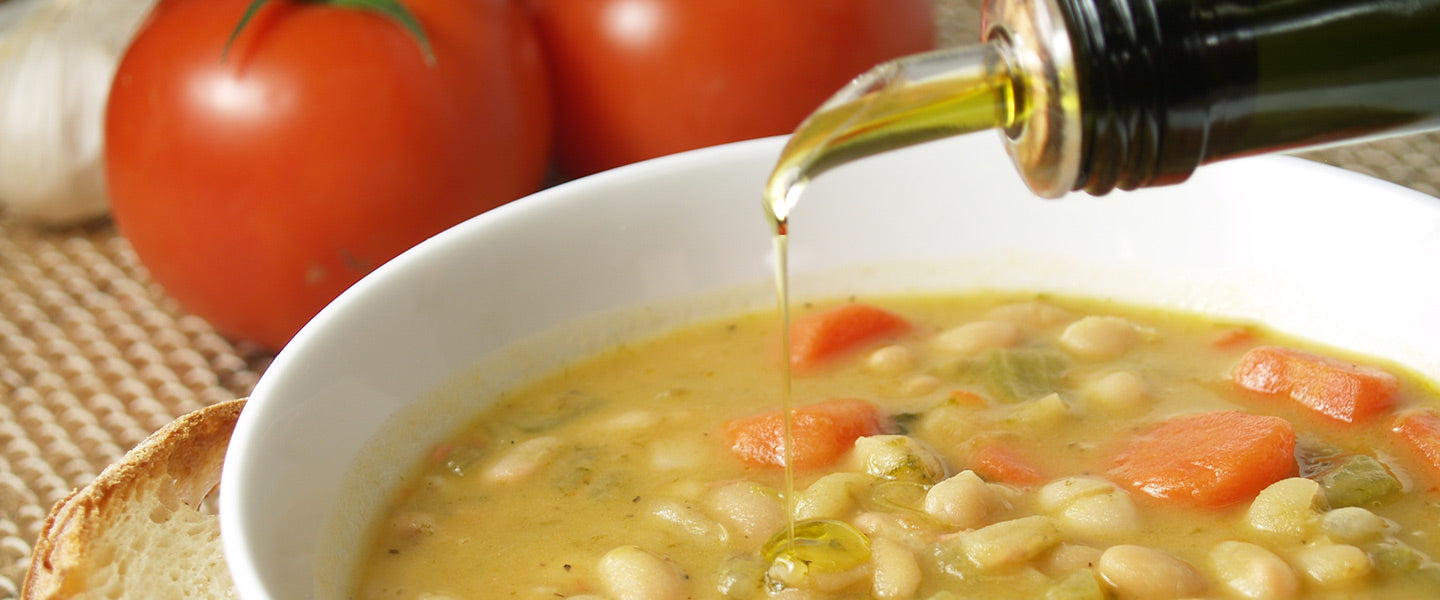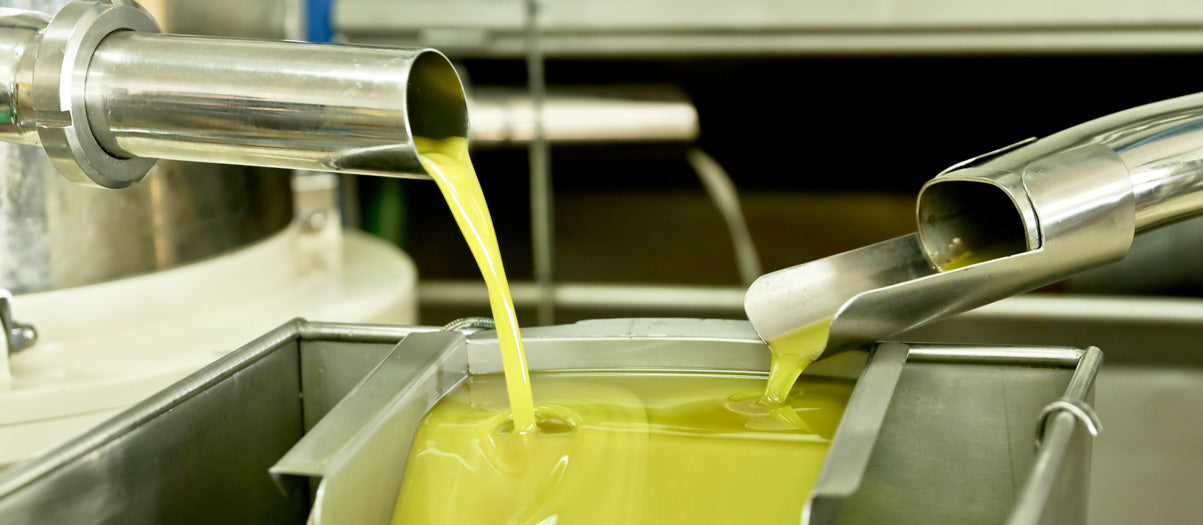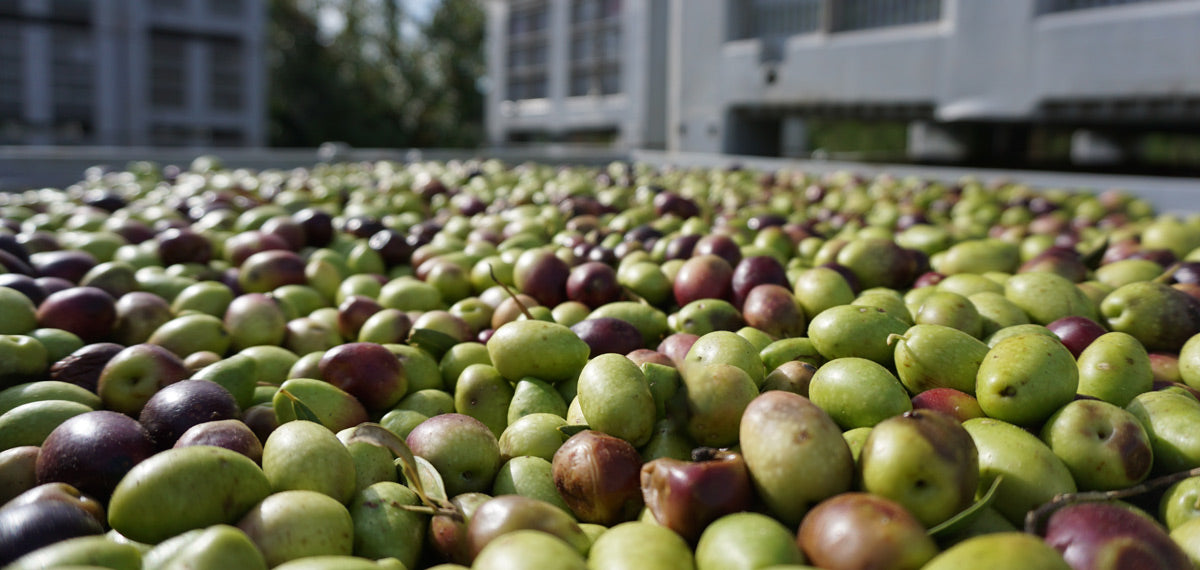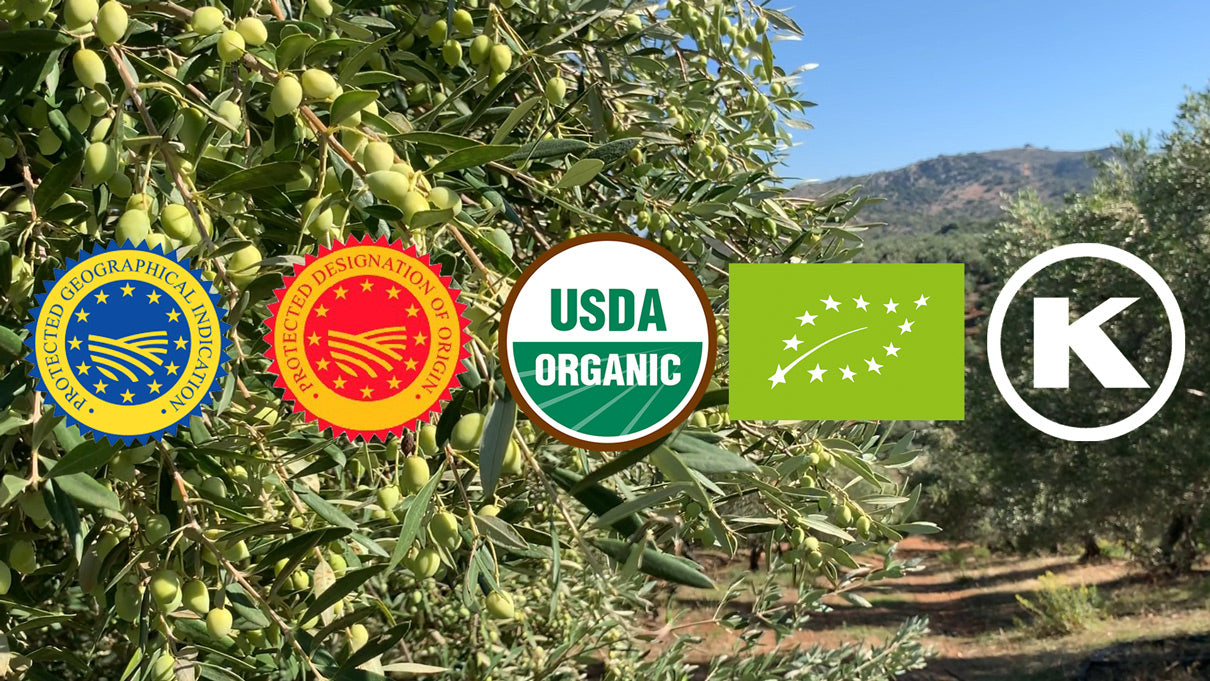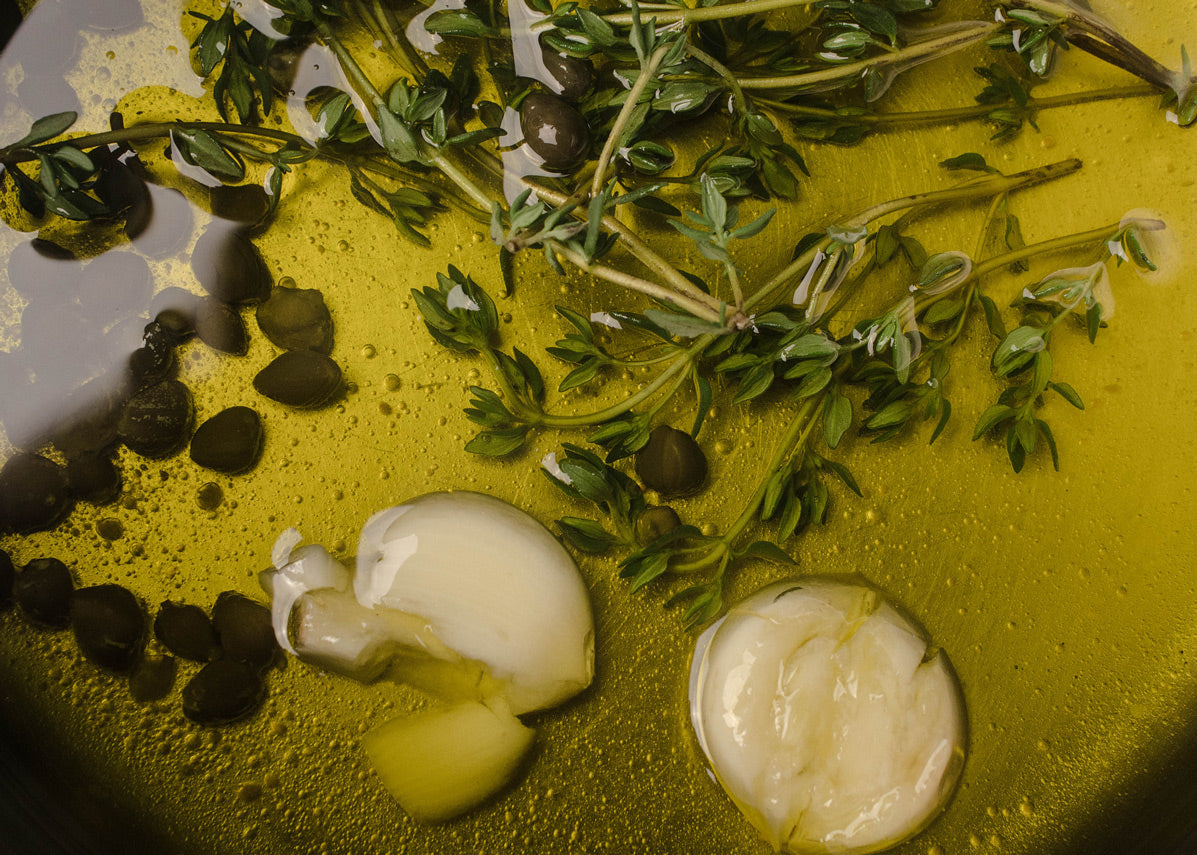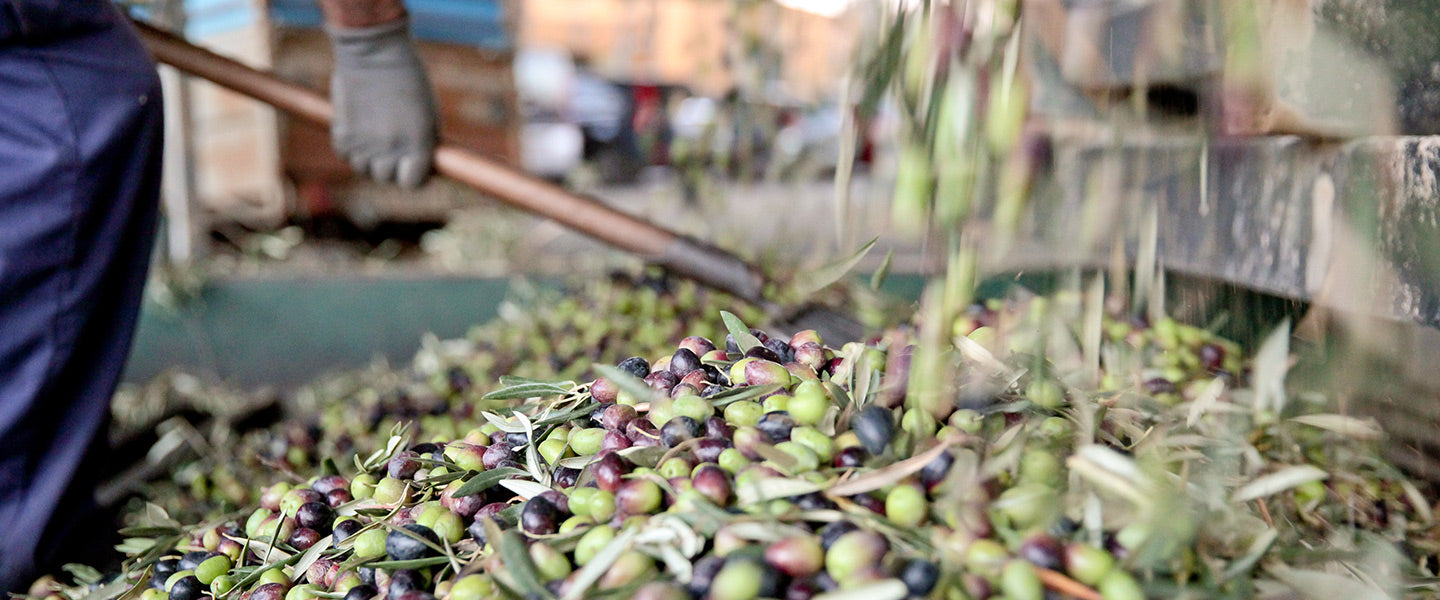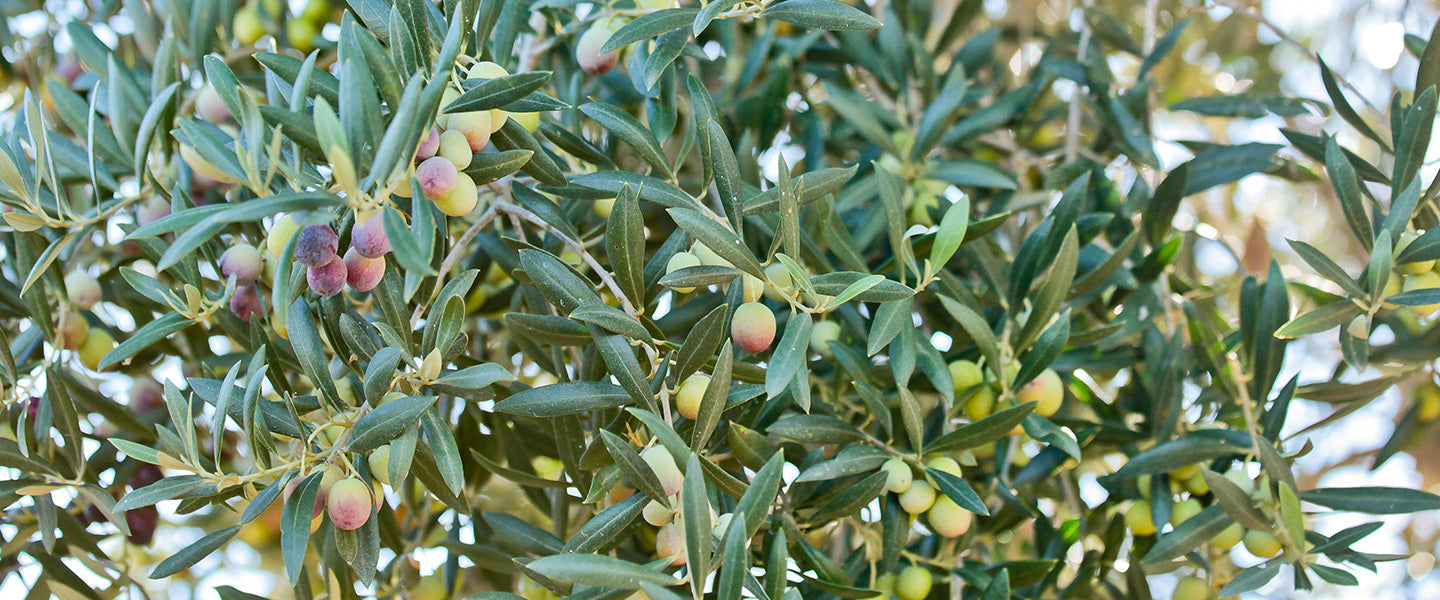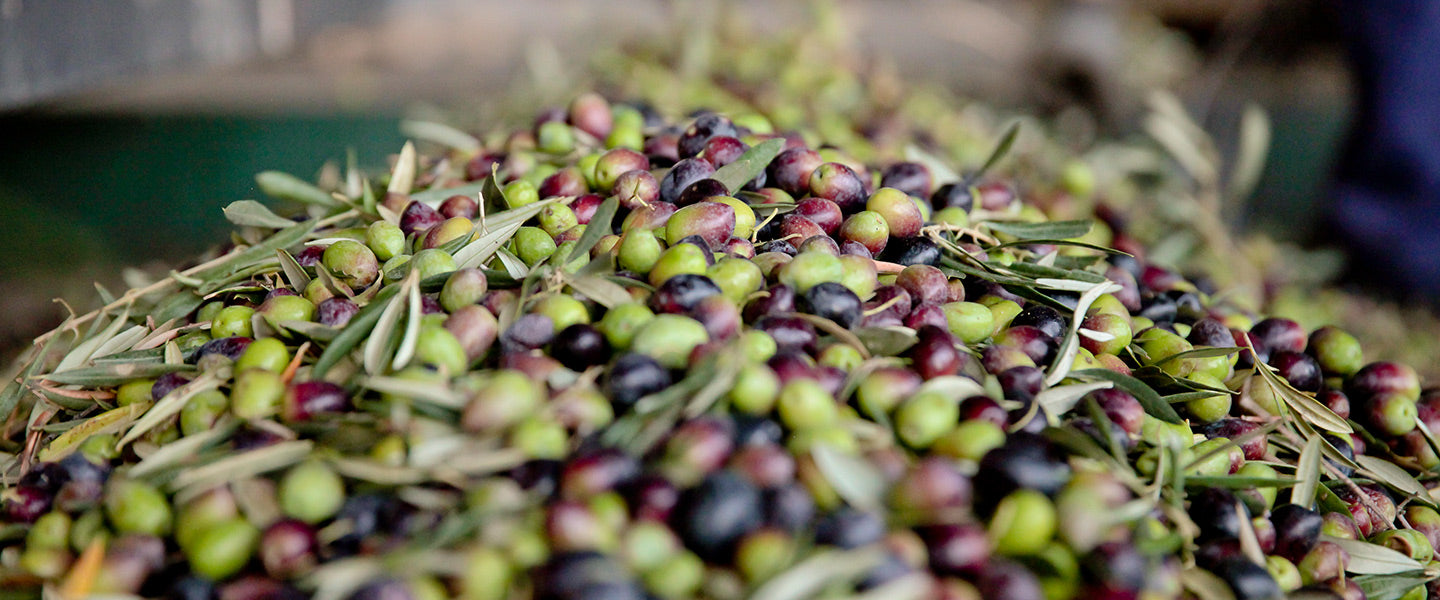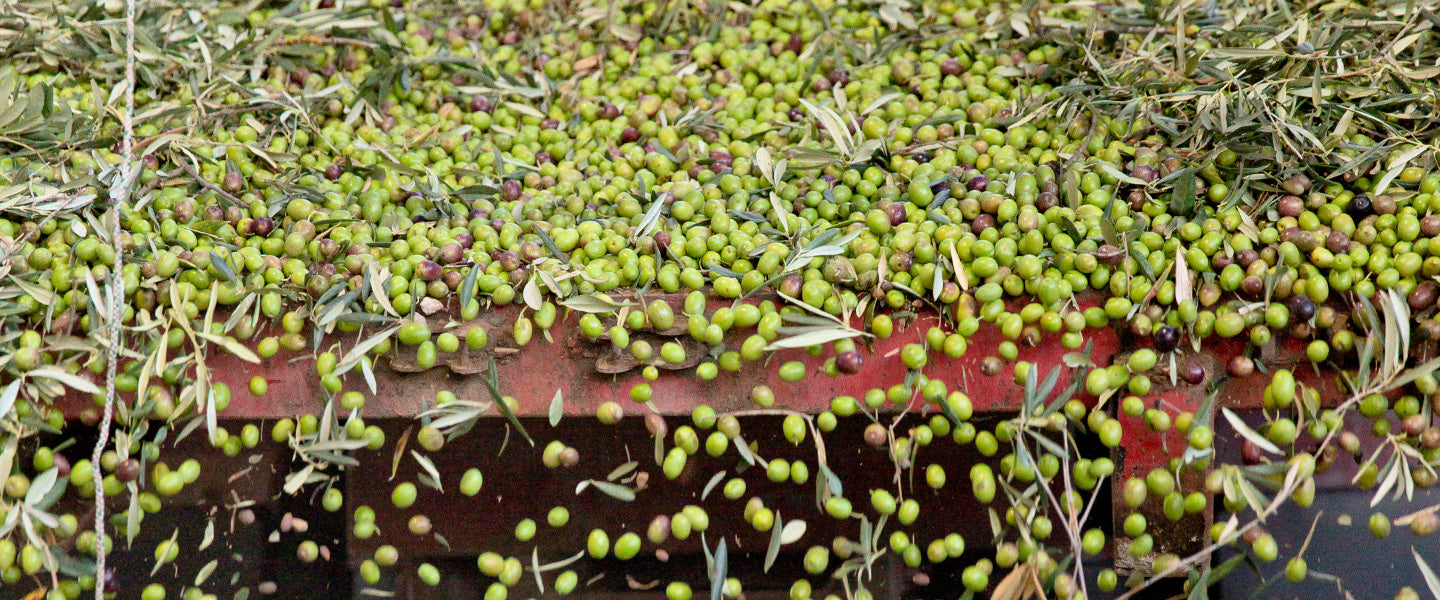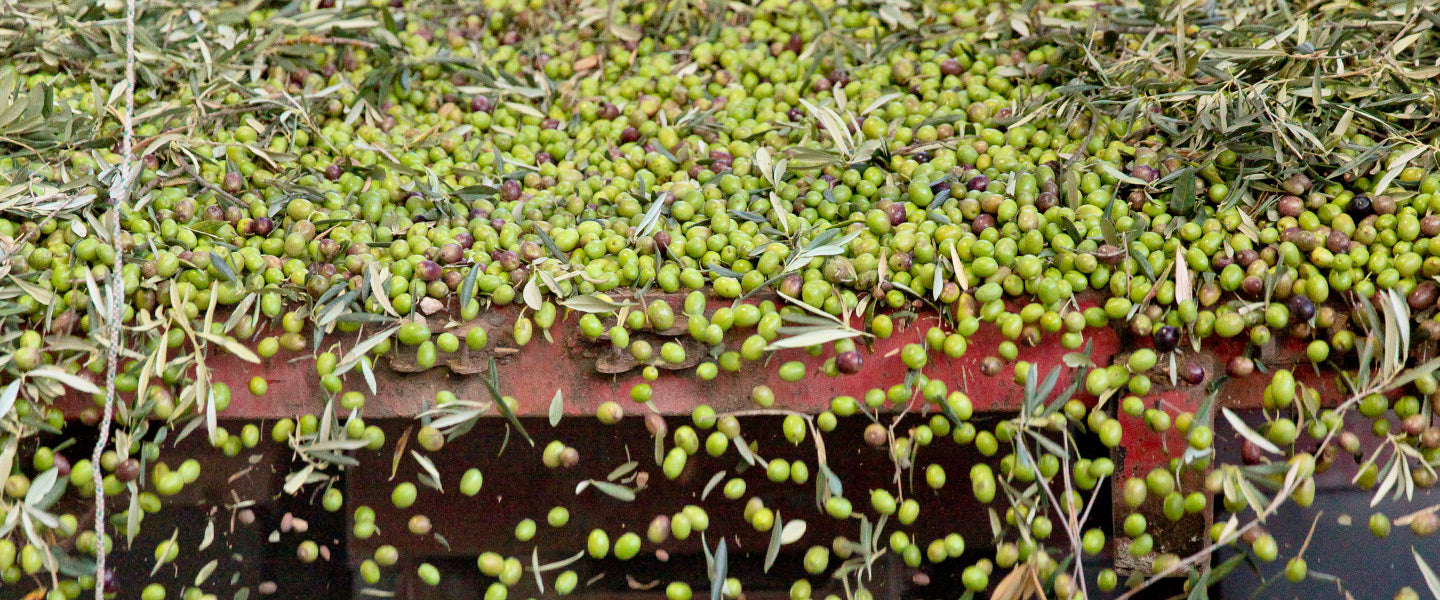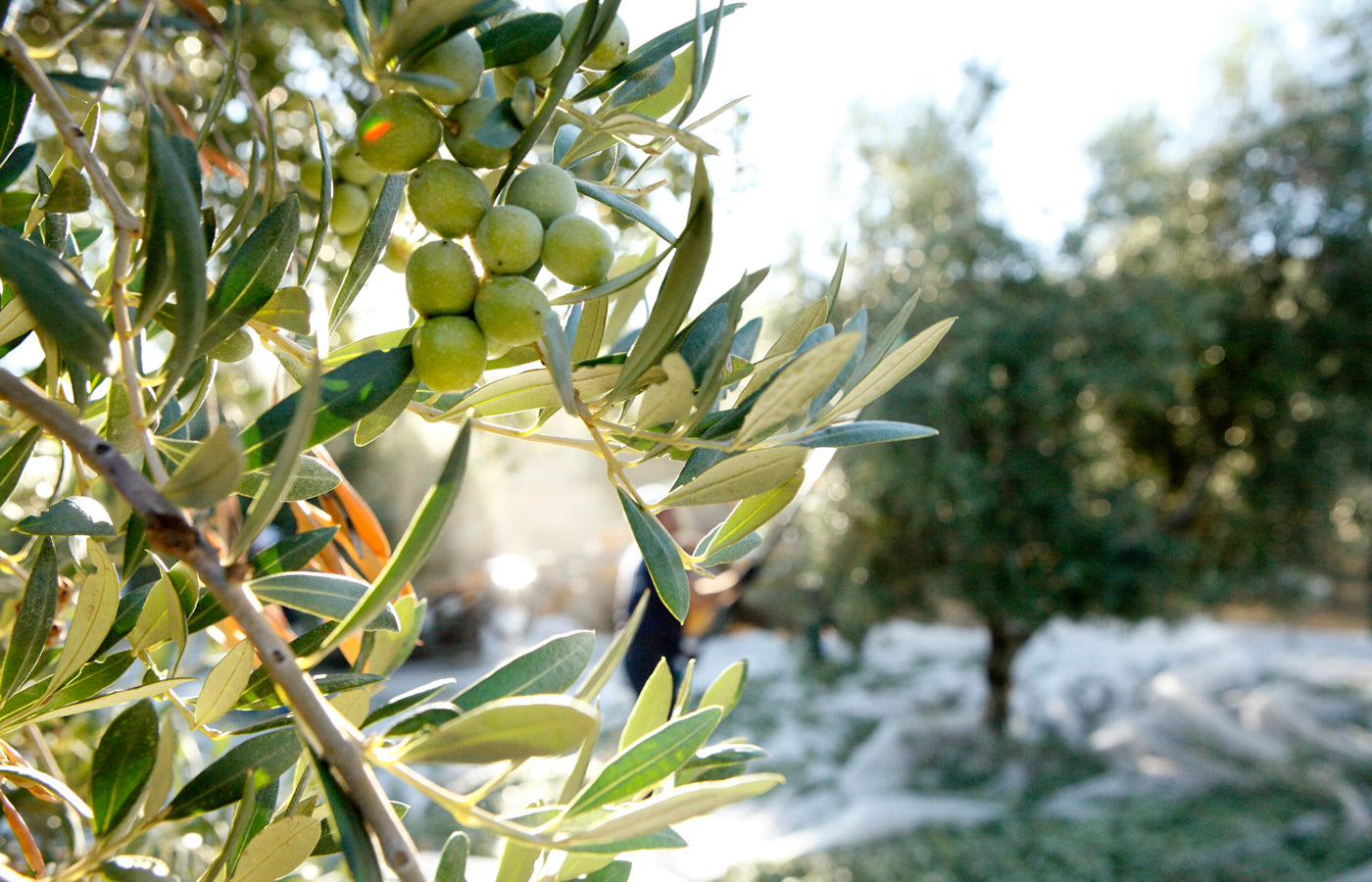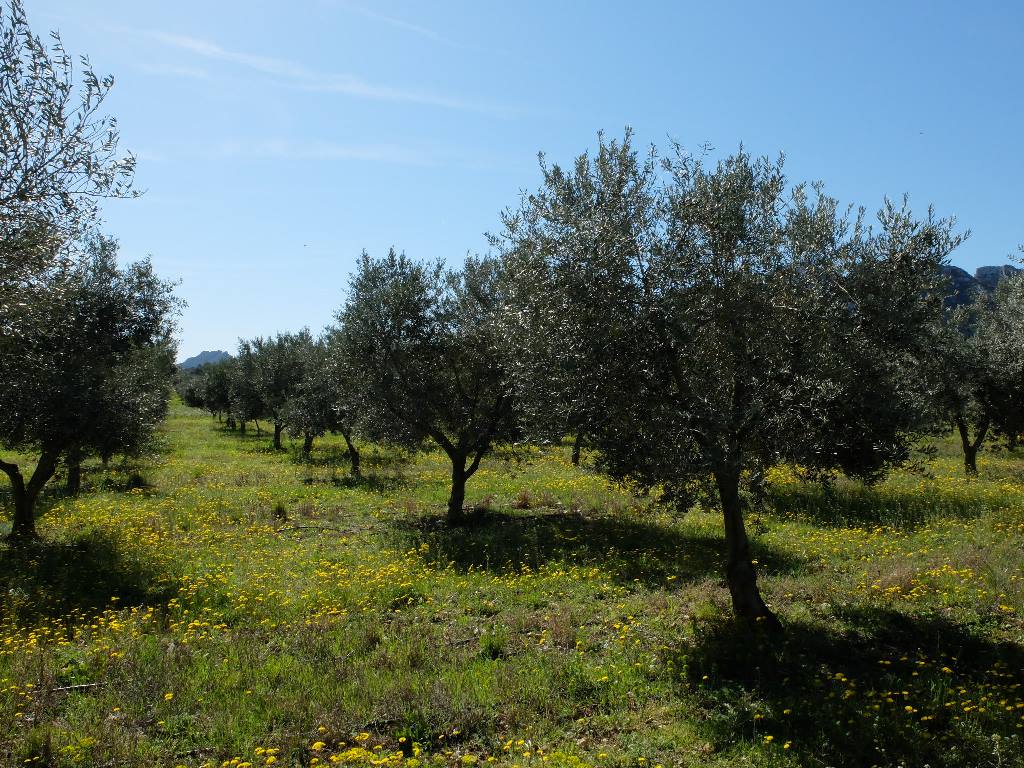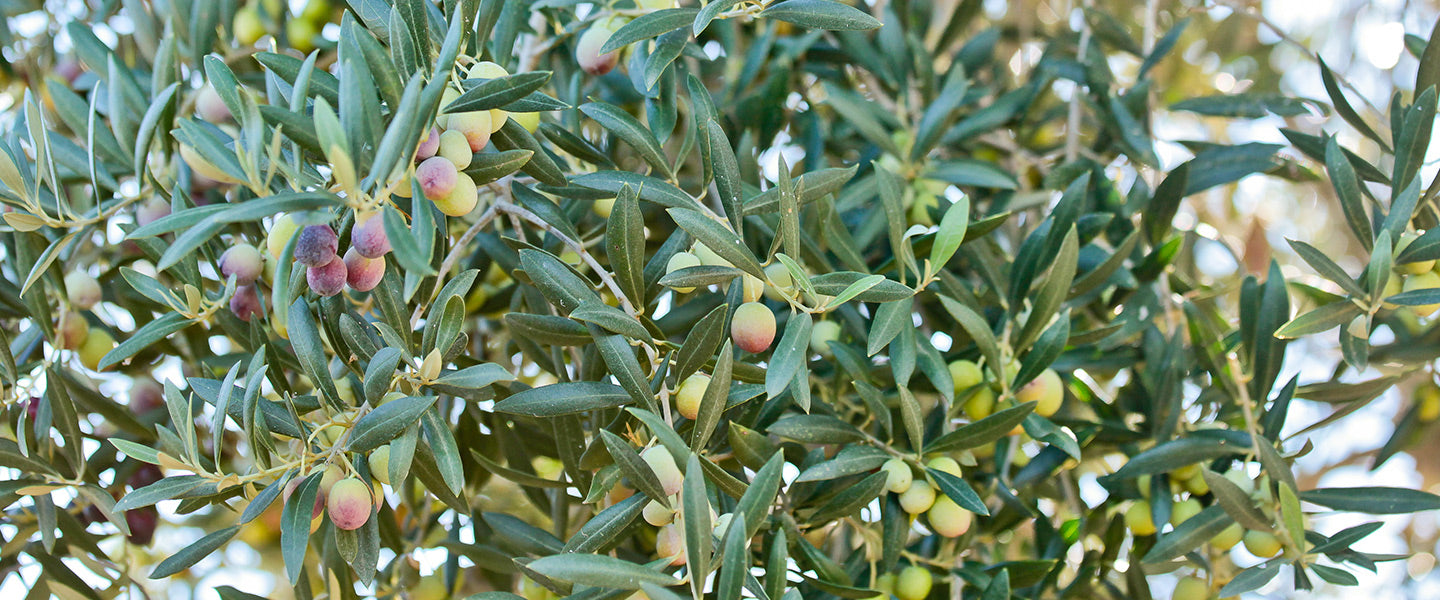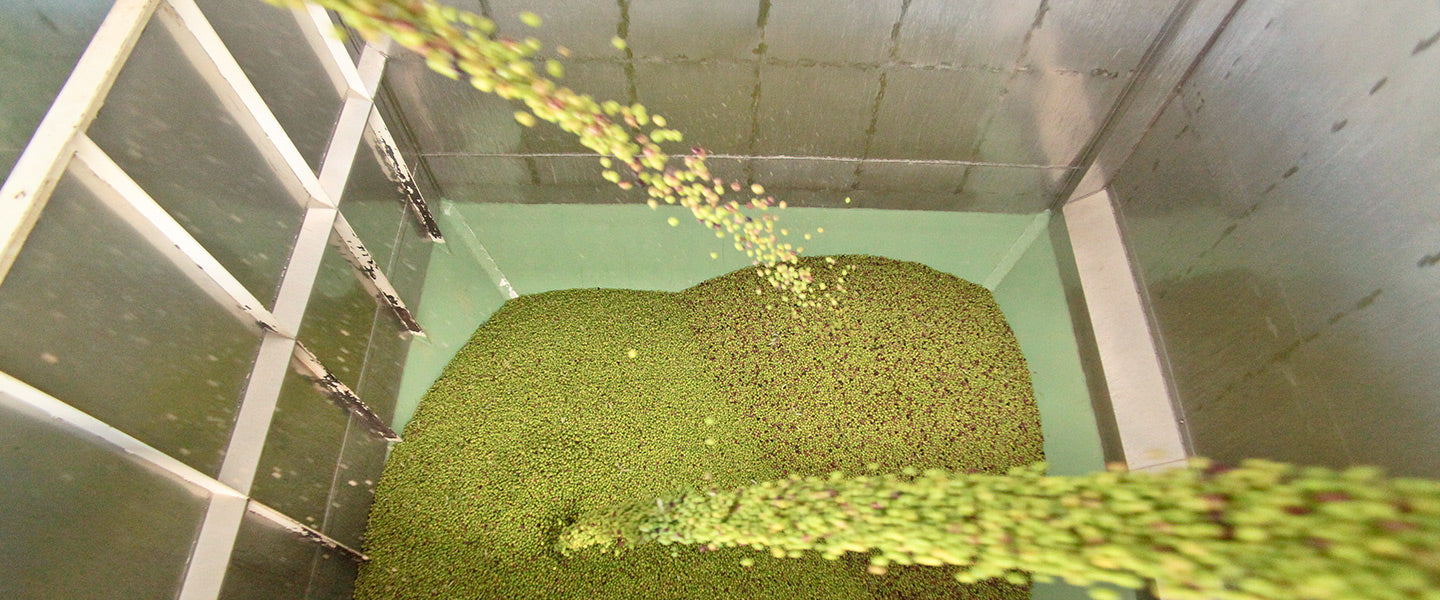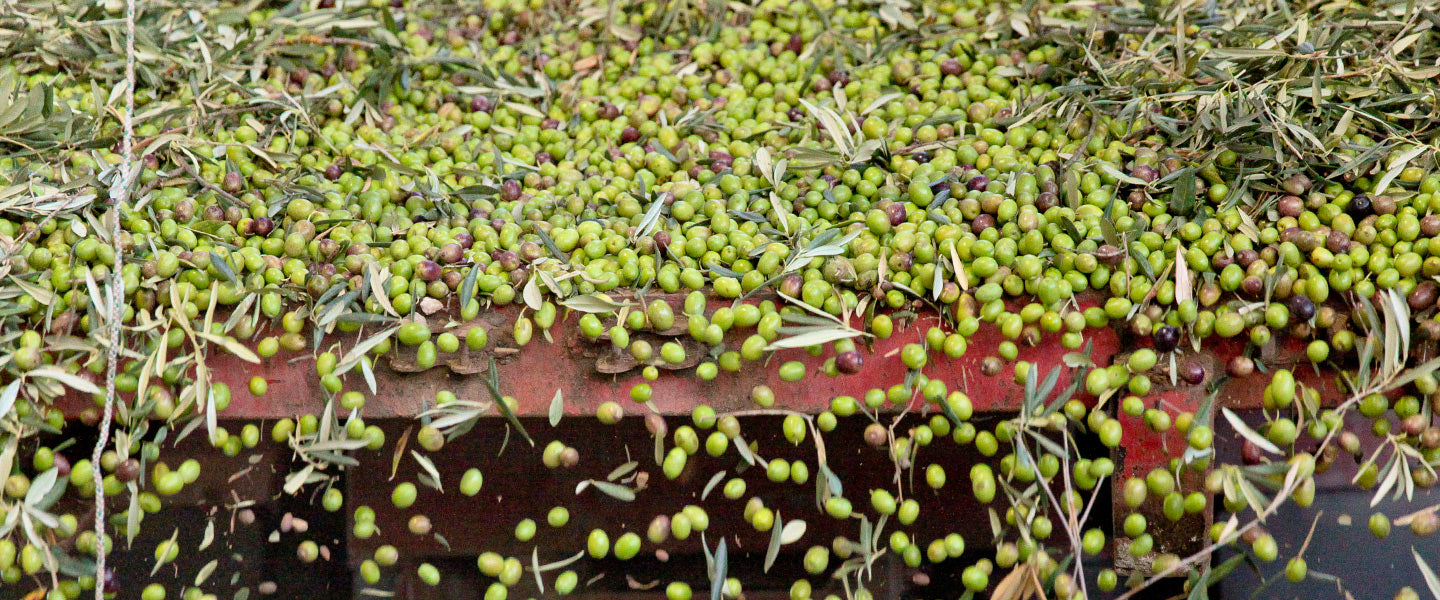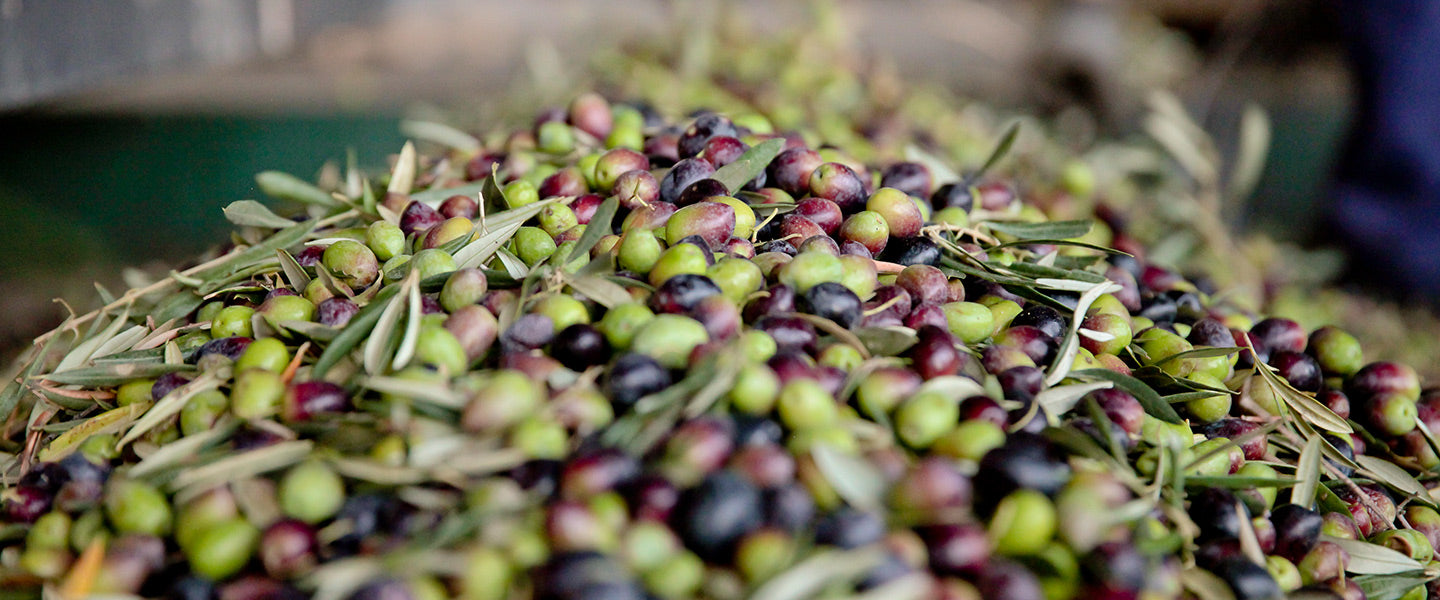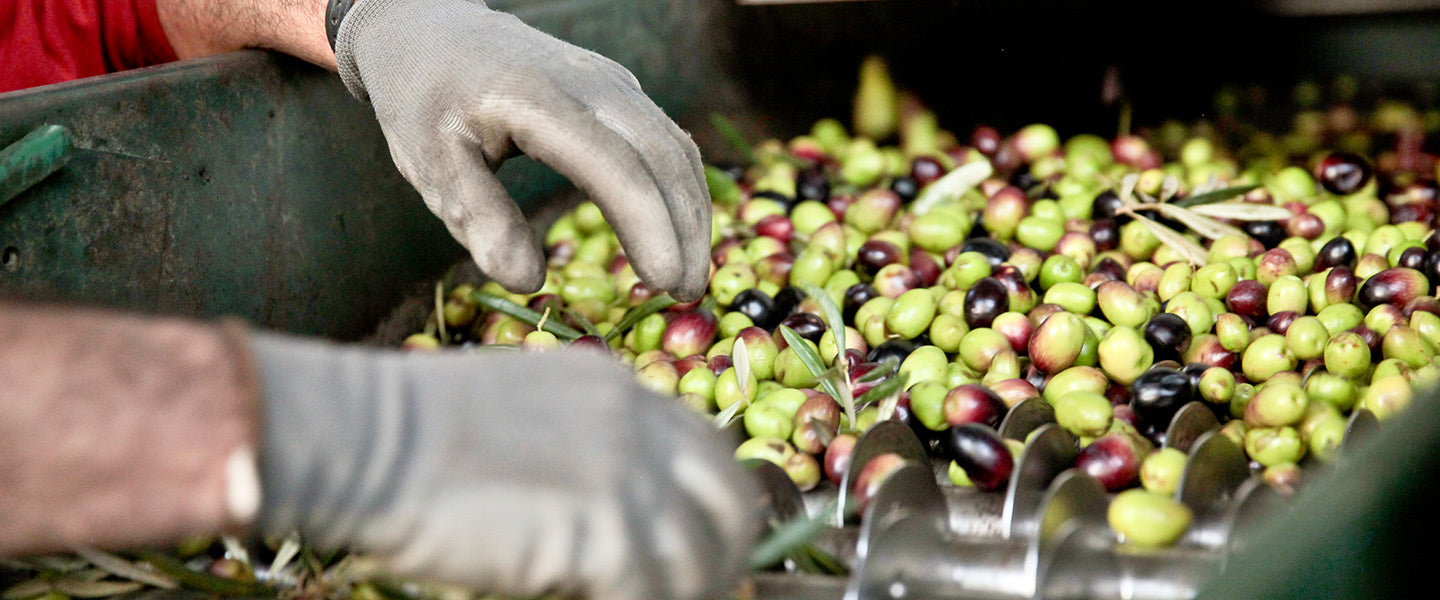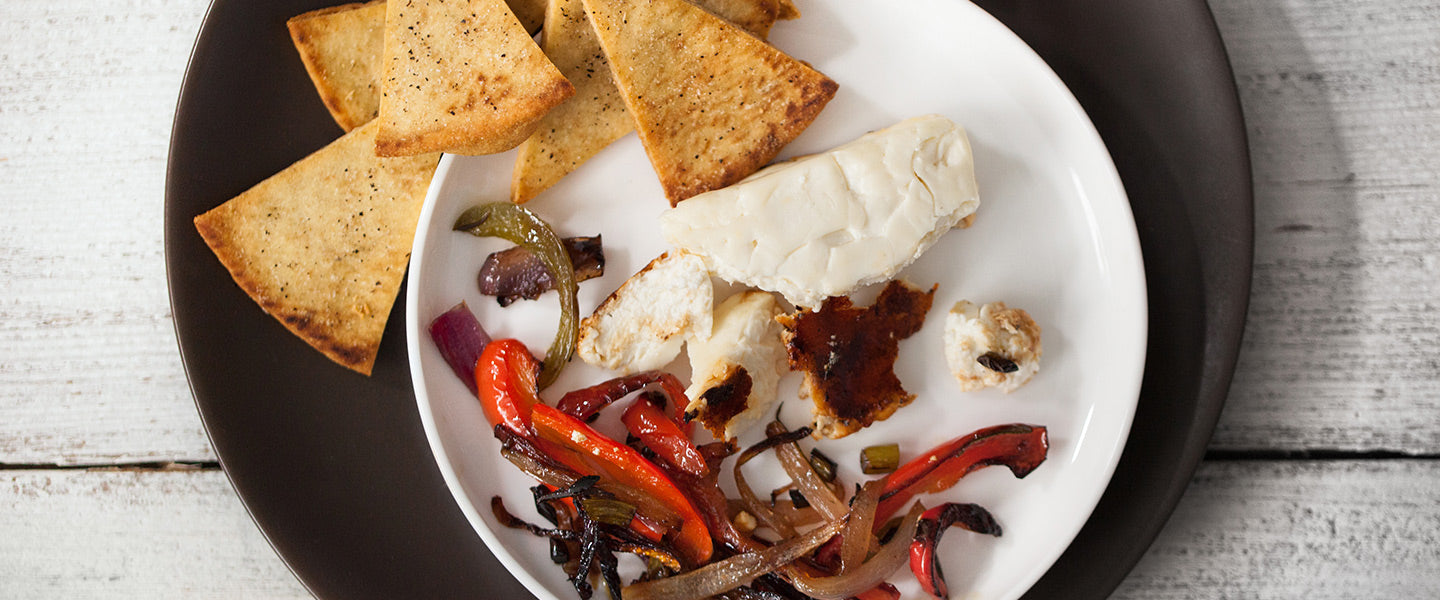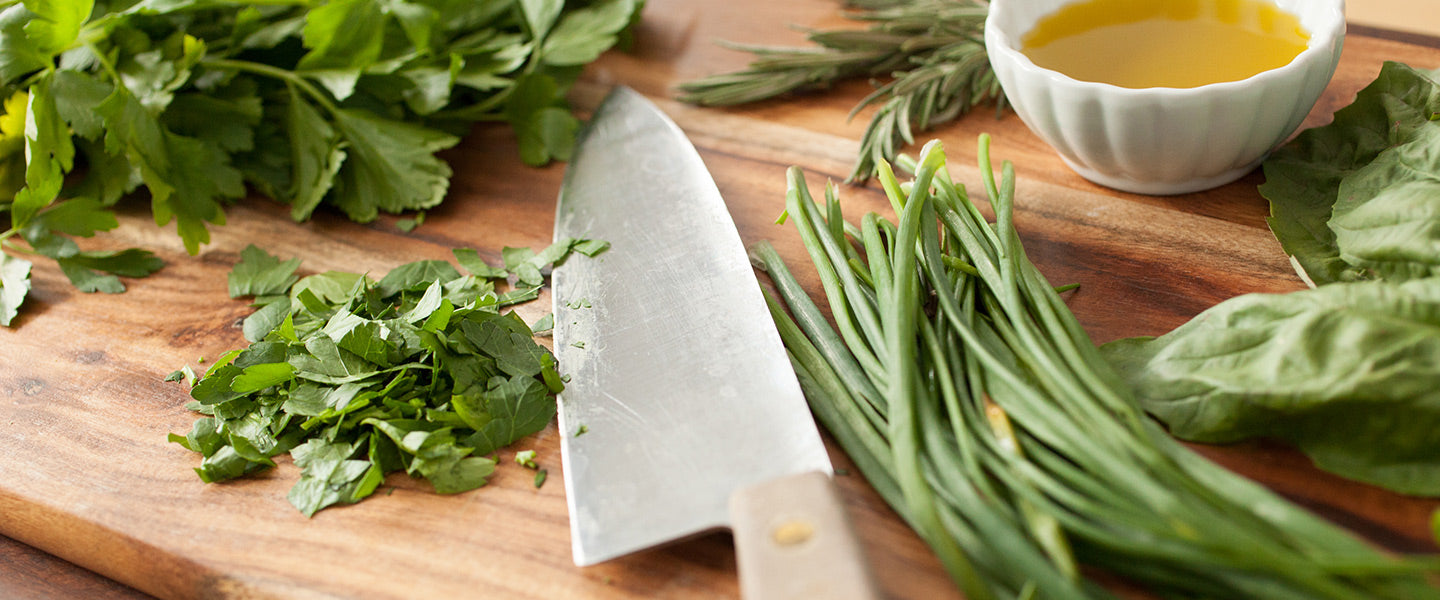- Home
- Our Journal
- About EVOO Olive Oil Versus Canola & Other Vegetable Oils
Olive Oil Versus Canola & Other Vegetable Oils
Posted by Olive Oil Lovers on

Vegetable oil is defined as an oil derived from plants which includes canola oil, soy oil, sunflower oil and corn oil. These oils are rich in polyunsaturated fatty acids, which are fine in whole food sources such as flaxseeds, but not as oil products.
All Vegetable & Seed Oils Are Refined
Compared to extra virgin olive oil, which is a natural fruit juice, vegetable oils are extracted at high temperatures using a process that involves toxic, petroleum-derived chemicals such as hexane. Vegetable oils are degummed, deodorized, bleached and further refined at high temperatures. These high temperatures used during the refining process change the omega-6 content of the oils and can significantly raise the oil’s concentrations of harmful trans fats.
Vegetable Oils & Smoke Point
Some vegetable oils have a high smoke point, and for this reason, are advertised as suitable for high-heat frying. This is based on a huge misconception, however, as suitability for high heat cooking should not be determined by the smoke point, but by an oil’s resistance to oxidation.
Oxidation & Rancidity
Polyunsaturated vegetable oils, as the word suggests, are unsaturated and therefore highly unstable with a strong tendency to saturate, so when heated, they react with oxygen, forming dangerous compounds and free radicals.
Vegetable oils are extremely susceptible to damage from heat, light and oxygen and when exposed to these elements, the fatty acids in the oil are oxidized, causing the oil to become rancid. Rancidity not only alters the flavor and smell of the oil, but it also diminishes the nutritional value. More importantly, the oxidation of fatty-acids produces free radicals, which are believed to play a role in the development of cancer and other degenerative diseases.
This is why a monounsaturated oil such as olive oil is more stable and suitable for low to medium-heat cooking, and saturated fats, such as palm or coconut oil, are the most stable and therefore the best for high-heat frying.
Misleading Health Benefits of Vegetable Oils
The claim of health benefits from the consumption of vegetable oil is based on the totally discredited hypothesis that polyunsaturated fatty acids are good for our health. Some experts promote these oils because they contain omega-6 essential fatty acids; however, most Americans already consume sufficient amounts of these fats from other foods such as grains, nuts, vegetables, olive oil and animal fats. Excessive amounts of Omega-6 fatty acids can be harmful, resulting in an unhealthy omega-6/omega-3 ratio, and it is suggested that Americans need to reduce their intake of omega-6 and correct their omega-6/omega-3 ratio from an average of 10-to-1 down to 4-to-1 or less.
Evidence now suggests that eating even moderate amounts of polyunsaturated fatty acids, especially omega-6, is actually bad for one’s health and may cause serious inflammatory damage to our cells. A recent study published in the British Medical Journal found that substituting dietary linoleic acid (a polyunsaturated fatty acid) in place of saturated fats actually increased the rates of death from coronary heart and cardiovascular diseases and showed no evidence of cardiovascular benefit.
Canola Oil vs. Olive Oil
One of the more commonly used vegetable oils, Canola oil, is produced from a genetically engineered form of the rapeseed plant that was first developed in Canada and is now the highest oil-producing seed crop in the USA.
The initial non-GMO version of the plant is just standard rapeseed and contains high levels of erucic acid which experiments have found to be toxic when consumed in large quantities. In order to develop a product with lower erucic acid, the rapeseed plant was genetically modified and thus renamed ‘Canola’ by the Rapeseed Association of Canada in the 1970’s, coined from the phrase “Canadian Oil Low Acid”.
The vast majority of the commercially available Canola oil is extracted from the modified rapeseed plant, and as with other vegetable oils, is extracted using chemical solvents such as hexane. After extraction, the oil is refined which involves heating the oil to over 300 degrees Fahrenheit in order to remove unpleasant odors and is then neutralized to remove free acidity and bleached.
Grape Seed Oil vs. Olive Oil
Grape seed oil is an industrialized oil extracted through a chemical-based process from the waste product of wine-making. It is extracted with the standard industrial process of vegetable oil extraction that involves the toxic solvent, hexane.
Even though grape seeds contain antioxidants and other micronutrients, actual grape seed oil does not. After going through the high-heat and chemicals of the extraction process, most of the nutrients are destroyed.
Sunflower Oil vs. Olive Oil
Sunflower oil is extracted with the standard industrial process of vegetable oil extraction which involves the toxic solvent, hexane.
Small quantities of sunflower oil are cold-extracted using an expeller press. This is the preferred method and produces a much healthier oil, but it is much more expensive in price than the standard sunflower oil and is usually found only in specialized health stores.
Sunflower oil is largely omega 6 polyunsaturated, so it is inherently unstable and oxidizes easily. In addition, re-using the oil in deep-frying could cause the formation of harmful trans fats.
Substitute Vegetable Oils For A Healthier Lifestyle
Replacing vegetable oils with extra virgin olive oil is not only better for one’s health, but adds depth and flavor to nearly any food and is a stable monounsaturated oil that can be used in a wide range of cooking applications.
Because vegetable oils are polyunsaturated, they are easy to promote as a ‘healthy’ fat; however, these genetically-modified, partially hydrogenated, refined oils have been found to be nothing but bad for one’s health. Contrary to vegetable oils, extra virgin olive oil is unprocessed, unrefined, contain no trans fats or GMOs, is mainly composed of healthy monounsaturated fats and is also full of natural antioxidants known as polyphenols.
Additionally, real extra virgin olive oil is full of aroma and flavor which can truly transform the foods prepared in your kitchen. Because vegetable oils are deodorized, they offer no flavor enhancement to your food, whereas the natural flavors of olive oil can add a peppery kick to grilled meats and vegetables, a fresh herbal aroma to soups, and fruity sweetness to green salads. When Vegetable Oil vs. Olive Oil, there is no doubt which oil comes out on top.
And remember, In order to best preserve the integrity of your extra virgin olive oil, always be sure to store it in a dark, cool place away from sources of high heat and light.





